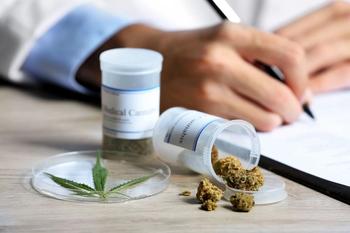
Timothy W. Fong, MD, touches on our current understanding about cannabis use for psychiatric disorders.

Timothy W. Fong, MD, touches on our current understanding about cannabis use for psychiatric disorders.
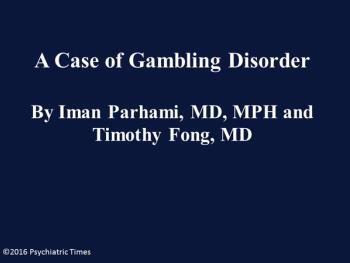
A patient is brought to the emergency department by her daughter for bizarre behavior and symptoms of mania after gambling from the casino for 48 continuous hours.
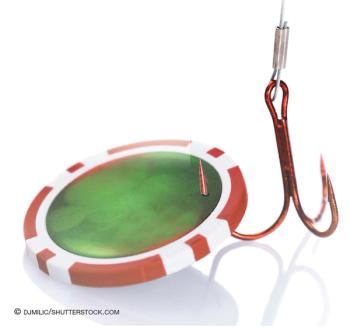
The loss of control over urges and behaviors may be the central component of gambling disorders, but there is so much more to consider. Individuals with these problems have exponentially higher rates of suicide attempts and completions.

Pathological gambling is a common psychiatric condition that can present with a variety of symptoms. Treatment recommendations available for pathological gamblers, as well as resources for patients and their families in this Tipsheet.

Surveys show that approximately 60% of the general population has gambled within the past 12 months.1 The majority of people who gamble do so socially and do not incur lasting adverse consequences or harm. Beyond this, approximately 1% to 2% of the population currently meets criteria for pathological gambling.2 This prevalence is similar to that of schizophrenia and bipolar disorder, yet pathological gambling often goes unrecognized by most health care providers.
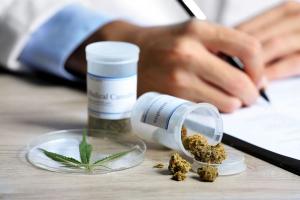
Published: May 2nd 2021 | Updated:

Published: March 18th 2014 | Updated:
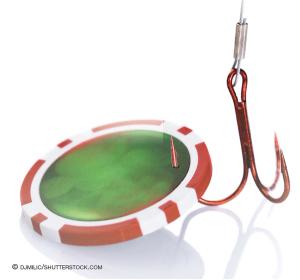
Published: April 30th 2015 | Updated:

Published: August 27th 2009 | Updated:
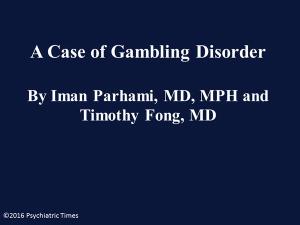
Published: December 13th 2016 | Updated: